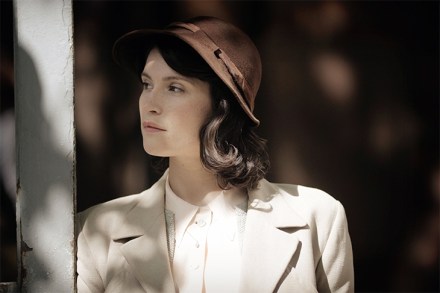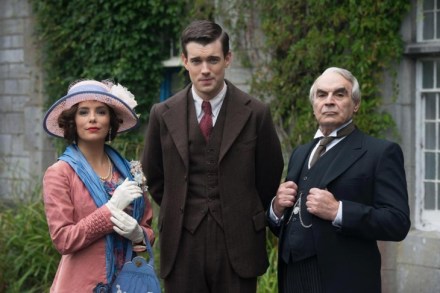The real deal | 27 April 2017
The other day I had a very dispiriting conversation with a TV industry insider. It turns out that everything you see on reality TV is fake. It’s the ‘everything’ part that really bothered me. Obviously, we all sort of know that most TV is faked: that close-ups on wildlife documentaries are sometimes filmed in zoos and that the meerkat they pretend is the same meerkat is actually three different meerkats; that the chance meetings with colourful characters and experts are all prearranged and that when they answer the door and act surprised it’s often the third or fourth take; that the glamorous parties and realistic, totally unstilted dialogue on Made




















